 Menu
Menu
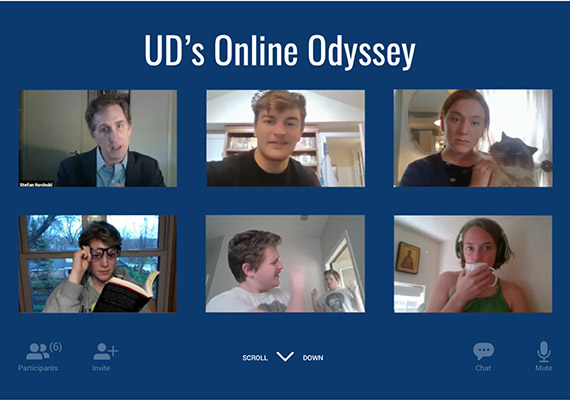
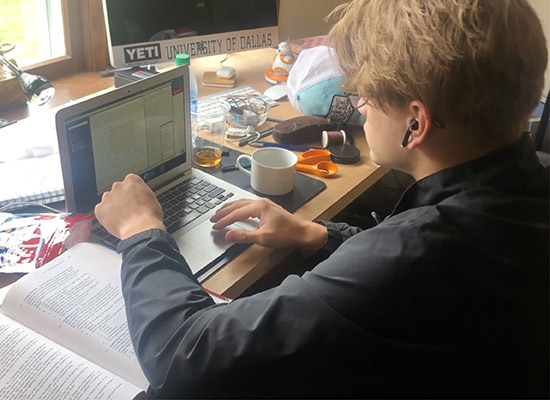
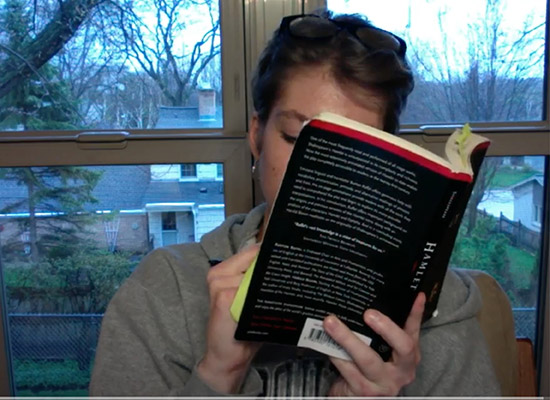
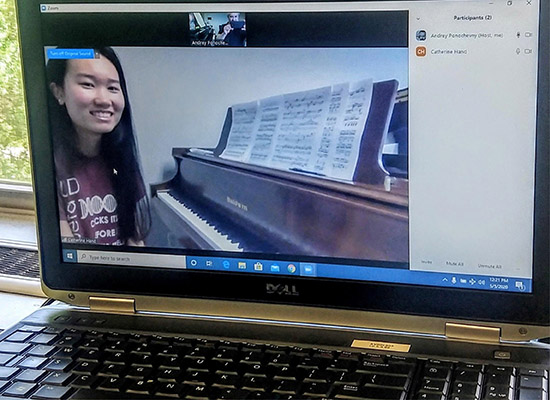
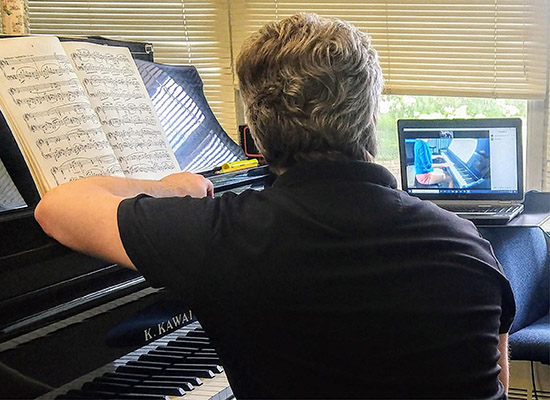
Time! Only two of our five academic units were accustomed to regularly offering online instruction, Gupta College of Business and Neuhoff School of Ministry. The university-wide move to put face-to-face, lecture-based instruction fully online has been challenging for professors. As well, we recognize that this shift is in response to an emergency, not the thoughtful creation of online coursework, which would be considered much differently. Transitioning on-ground to online instruction so quickly was reactive, not proactive; consequently, neither teaching nor learning styles were accounted for. At the other side of the spectrum, students also did not have the option of choosing this learning format. Some of them report that in their homes, they have no space to do work and no library that provides a welcoming study environment. It has been difficult for some of them technologically and hard to find a productive environment that is conducive to academic work.
One challenge was establishing “instant” trusting relationships with folks whom professors had not even met. Our e-learning team operated through the Provost’s Office to provide learning support. While most of us knew Director of E-learning Vanessa Cox, Director for Instructional Design Wendy Clayton was hired in mid-February and literally thrown into crisis mode. They both accomplished incredible work during this stressful time.
Additionally, professors identify that a “meetup” is not the same as a “meeting” and miss human interaction and discussion with their students. Concurrently, some students report that for professors who may not have been tech savvy, the transition was more focused on content, not necessarily with ensuring comprehension; they sometimes felt like they were learning on their own.
First, leaving e-learning support sessions during the extended spring break, I observed many of our most senior and revered full professors making their way to the next one. Faced with a task they surely never considered probable, they willingly did what they had to in order to ensure that our students received the best education we could give them – regardless of environment. Professionally, it occurred to me that in the face of great challenges and regardless of adversity, teachers report each day to work in order to teach our children. We are all blessed to work at UD with such wonderful role models, who also continue to adapt in order to meet the needs of our students.
Second, to hear our students speak warmly about their professors’ accommodations, in class and in advising, is a credit to the independent thinkers of UD! Students are committed to the pursuit of wisdom, truth and virtue and recognize the same light in their professors.
Third, we may begin to recognize that technology, in and of itself, is not a bad thing – rather, it may be utilized as an educational tool, much like a book, which may be carefully implemented to further the education, of ourselves and our students.
Launched in 2019, the CTL is an outgrowth of the interdisciplinary Constantin Strategic Planning Committee, formed to facilitate communication and identify growth areas within Constantin College. That committee decided to focus attention on what it perceived to be a need that would facilitate faculty support and growth, not just in Constantin, but across the university. After examining a number of other university models online, we reached out to Austin College in Sherman, Sally Hicks, Greg Roper and myself met with Austin College’s leadership to more critically examine their Johnson Center for Faculty Development and Teaching Excellence.
After holding faculty focus groups to determine interest and areas of development, we advanced this mission statement: “The Center for Teaching and Learning is a cross-disciplinary, faculty led initiative to support excellence in teaching, research and scholarship.” Led by faculty for faculty, programming activities support professional development for faculty in all career stages and create an environment for interaction and collegiality. With the support of the Provost’s Office and the Constantin Dean’s Office, in August 2019 we began our first faculty initiative, Faculty Lunches, hosted regularly in Gorman Faculty Lounge. At lunch, faculty across ranks and the university come together to enjoy a closer examination of topics of interest to them and collegial conversations.
Increasingly, newly hired and post-doctoral faculty seek this type of professional assistance on campuses. Having a CTL at UD enables us to support our existing faculty, and to continue to attract bright, new faculty. Additionally, the Lilly Fellows Program in Humanities and the Arts granted us an award to continue to build CTL programming to meet the ongoing faculty professional development needs. We look forward to the 2020-21 academic year!
Newstreet helps coordinate the university’s Center for Teaching and Learning.